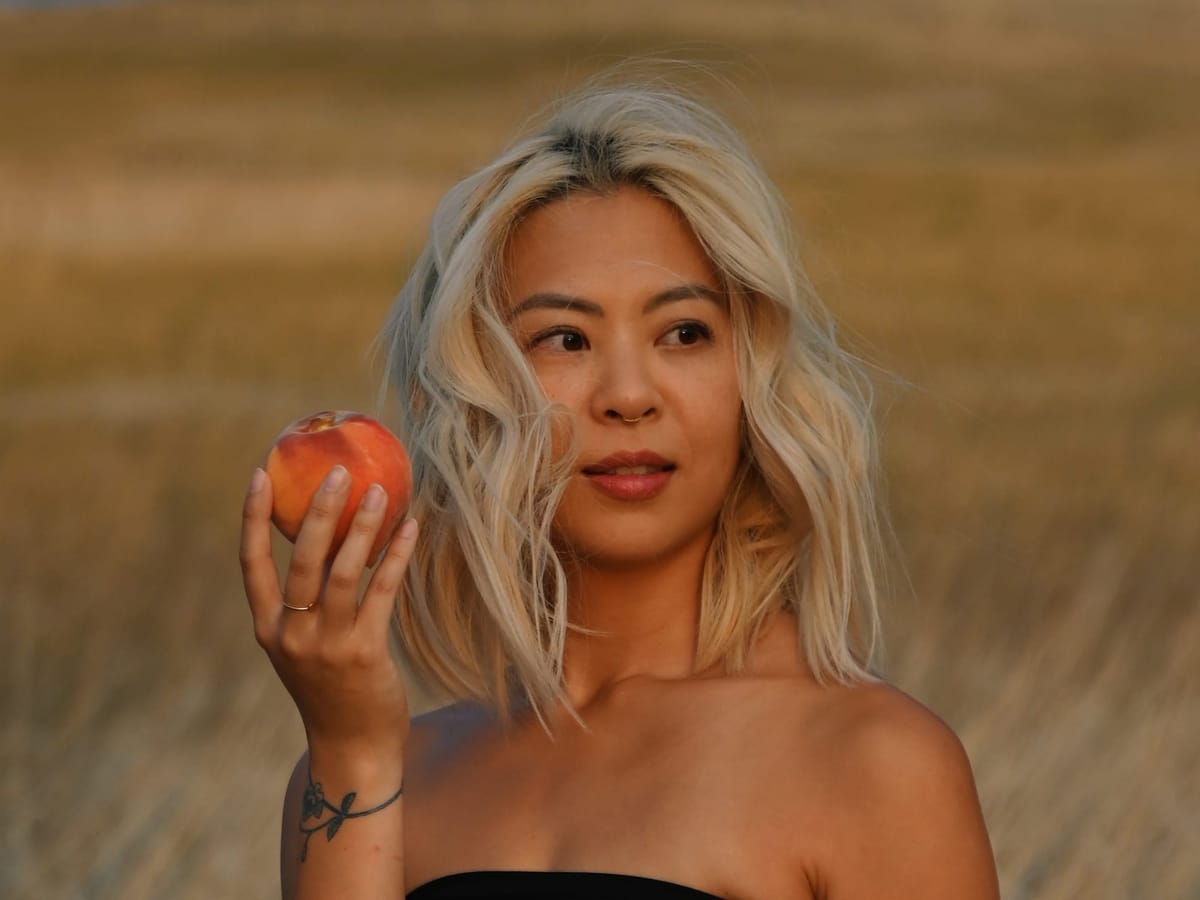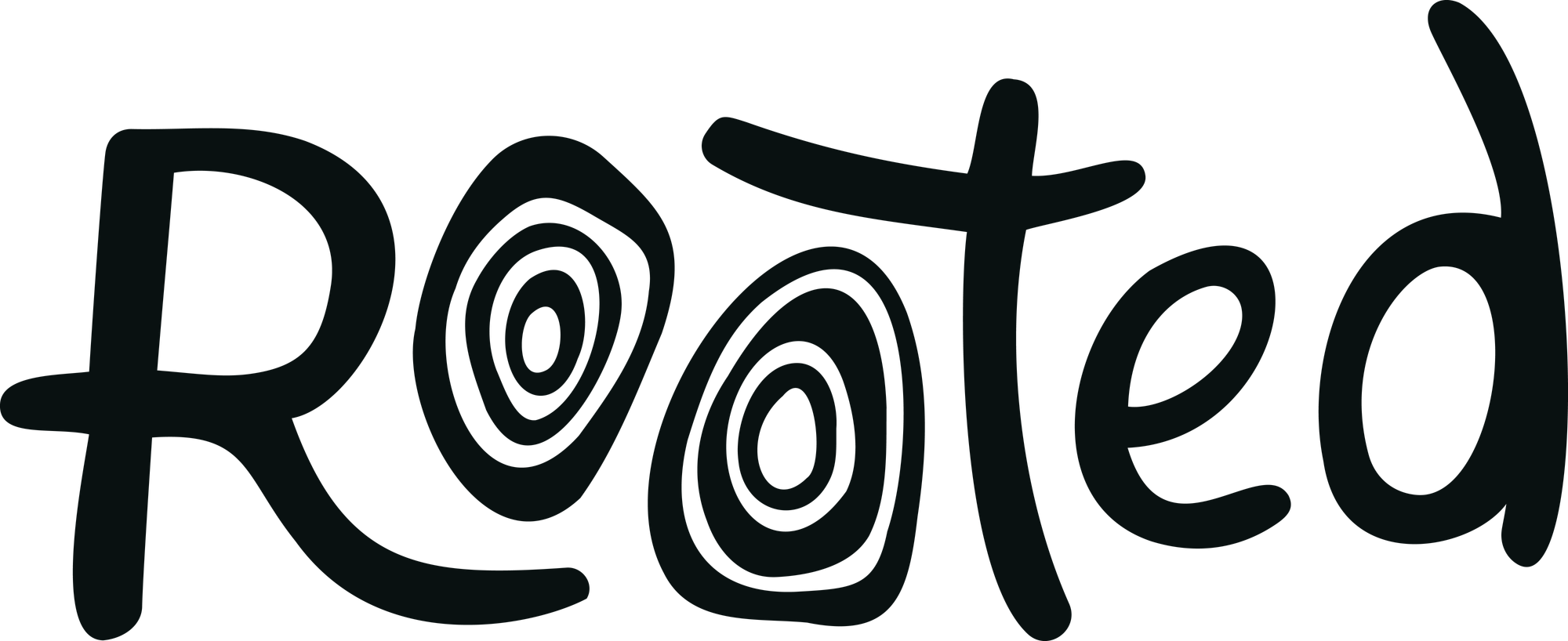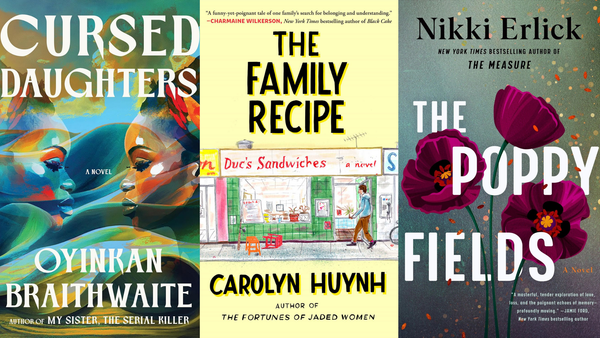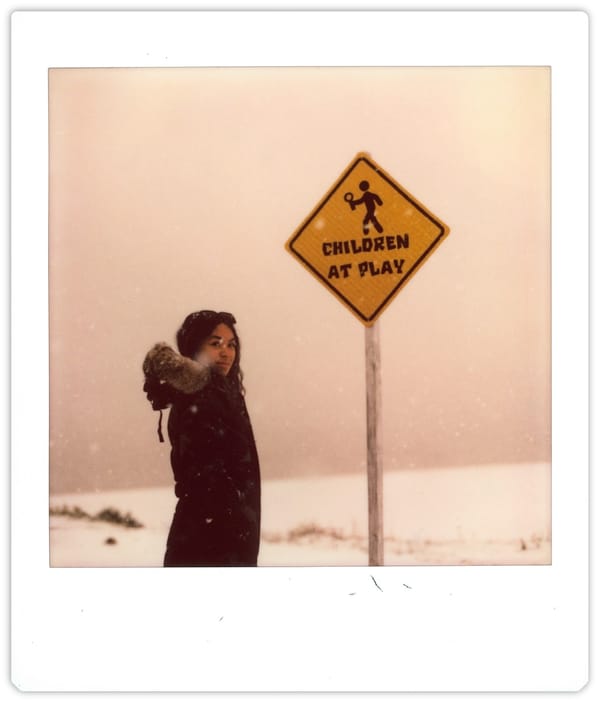Katerina Jeng’s journey of liberation and the sacred act of self-making
In "Gospel of a Whole Sun," the poet explores healing, identity and collective care.

Katerina Jeng’s poetry is not merely a reflection of their identity; it’s an invitation to peel back the layers of societal expectation to emerge as a truer version of oneself. In their debut poetry collection, “Gospel of a Whole Sun,“ Jeng offers not just poetry but a map — one drawn from the terrain of personal liberation, intersectionality, and the tender power of communal resilience.
In conversation with Jeng, I’ve witnessed a slow reveal of an artist whose creative expression is inextricably linked to survival, transformation and healing.
The Filipina-Taiwanese author’s journey into poetry began in 2019, during a particularly painful chapter of their life. After a breakup that ended a nine-year relationship just one week before their wedding, they found themselves in the chaos of emotional upheaval.
"I opened up a blank page on my laptop and wrote a long, scrolling document of whatever came through me," they recalled. In this process of writing, Jeng stumbled upon poetry, a medium they hadn’t considered before.
"Poetry found me," they said with quiet certainty.
This act of writing, they explained, was less about art and more about survival.
"Poetry allowed me to share my story — which was written by others for far too long — with wide-eyed clarity and power," they said.
In the aftermath of this rupture, the act of writing became not only a form of processing but also an act of self-reclamation. For Jeng, poetry opened a window to a world beyond what was immediately visible, offering a space where their voice could be both heard and felt. Through their poems, they sought clarity — not only for themselves but for others who could see themselves in their words.
"I needed someone to read my poems and say: I see you. I see your heart, and I understand your story," they said.
From survival to collective care
Violence, both internal and external, shapes much of Jeng’s work. In “Hell is a Funhouse Mirror," they write, “I want to stay / but he shoves me out the door.”
They recall the terror of being in an abusive relationship.
“I have so much love and forgiveness for my younger self trying to navigate this,” Jeng admits, their voice softening with compassion for the person they once were. “It had to come to abuse — emotional warfare, punching of walls, and physical intimidation — for me to finally wake up and realize this is not a relationship I can stay in any longer,” they said.
For Jeng, the transition from surviving to thriving is both an act of self-discovery and reclamation. Leaving isn’t just about escaping; it’s about understanding one’s own power and choosing to live differently.
"Once the veil is lifted and you can see clearly, there’s no turning back," they said.
Much of Jeng’s poetry grapples with resilience — a trait often misunderstood, but one that, for many marginalized people, is both an individual and collective necessity. Their journey of self-discovery is not merely about pulling themselves up from the wreckage of personal trauma but about learning to do so within the context of community.
"I can honestly say I wouldn’t be here without the support I’ve received from my community," Jeng offers, acknowledging the profound impact of collective care in their healing.
For them, resilience is no longer about sheer endurance or brute strength. It is an expansive, Earth-centered idea that embraces softness, vulnerability, and the recognition of interconnection.
"It’s also about being soft & vulnerable, learning how to ask for & accept help, and understanding that we play small but important roles in the ecosystem of life," they share.
In this redefinition of resilience, Jeng offers a vision of art that is holistic, grounded not just in personal but in the interconnectedness of all beings.
"My poetry, creative practice, and way of living is becoming more interconnected and Earth-centered," they explain.
Food as both bridge and boundary
Perhaps the most intimate and layered rumination comes in Jeng’s discussion of food. Another striking element of their poetry is the way they integrate it into stories of race and identity — specifically when kimchi becomes a symbol of both belonging and alienation. For many children of the Asian diaspora, food can be a marker of difference, a quiet reminder that they don’t quite belong in the spaces they inhabit. Jeng recalls the classic “lunchbox moment,” when the food they carried was a subtle reminder of their otherness. In their poem ”Home Has Never Been a Place,” the reference to kimchi serves as a poignant metaphor for the duality of cultural identity.
"Food was sometimes a boundary," they recalled. "But now, I’m happy to say that food is the most beautiful bridge that allows me to deepen my knowledge of my cultural heritage."
The role of it is also intricately tied to family, particularly the wisdom Jeng inherited from their mother.
"Boil first what takes the longest to soften, simmer with patience, stir stir / favor flavor over measuredness," Jeng remembers their mother’s words, capturing an ethos of care, patience, and attentiveness. This approach to cooking mirrors their own journey of self-acceptance and healing.
"Healing wounds and garnering wisdom requires making mistakes, messiness, and many microdecisions that eventually lead to your best self. It takes time," they say.
For the poet, food transcends sustenance — it is a connection to home, to family, and to shared experiences of survival and care. No longer a symbol of division, food has become a way to build bridges across cultures, to connect with others in deeply human ways.
"Food offers a shared experience that transcends language and transmits love," they tell me, revealing how food is deeply intertwined with their art.
In Jeng’s writing, food is not merely a trope; it is a living, breathing testament to the power of care and love.
"It’s an intergenerational pattern that I am healing not just for me, but also for the legacies of women who have come before me," they said.
Through food, through nature, and through the intimate acts of caregiving, Jeng navigates the world with tenderness, wisdom, and a commitment to slow, deliberate life.
Nature's lessons in the quiet and ritual
When asked about what sustains them when the world isn’t watching, Jeng offers a glimpse into their quieter life — a life rooted in gentleness, care, and intentionality.
“I’m silly! I’m singing, dancing, saying things in weird accents,” they shared, laughing at the playful side of themselves that most might not expect.
But beneath this lightheartedness is a carefully constructed existence, one that takes into account their neurodivergent needs and their need for space to process and create.
"Silence is delicious to me," they said, explaining how they find nourishment in the stillness, which allows them to hear “messages from the divine.”
As Jeng writes in “Gospel of a Whole Sun,” they begin with stillness: “last night I woke while the moon still hung,” a moment that speaks to the quiet communion between themselves and the celestial forces. Nature, they say, is their grounding force.
"Nature is my anchor and teacher," Jeng explained. "Grounding myself in nature reminds me that I play a humble role in the larger ecosystem of the universe."
Clearly, their connection to the natural world is not abstract; it’s deeply personal and interwoven with the rhythms of life and death. They speak of the cyclical nature of life, noting how darkness and decay are just as necessary as light and growth.
"Things like understanding the seasons; learning that my own body and creative practice have their seasons, too," they said.
This awareness of the cyclical nature of existence offers a sense of safety, a security in knowing that there is a blueprint for their life, an intricate map drawn by the Earth itself. For Jeng, this sacredness in the natural world offers more than beauty — it offers a framework for living.
"Get outside, and you’ll see these answers all around you," they said.
Katerina Jeng’s work is a reminder that art is not just a personal endeavor but a communal act of transformation. Their writing, activism, and daily life are all intertwined in a narrative of radical self-love, resilience, and collective liberation. Through their poetry, they offer not just words but a call to action — a plea to slow down, to be gentle, and to reclaim our most sacred truths.
In the “Gospel of a Whole Sun,” Jeng doesn't just write for themselves; they write for all of us, inviting us into a world where we can heal, love, and, most importantly, be free like the sun.





